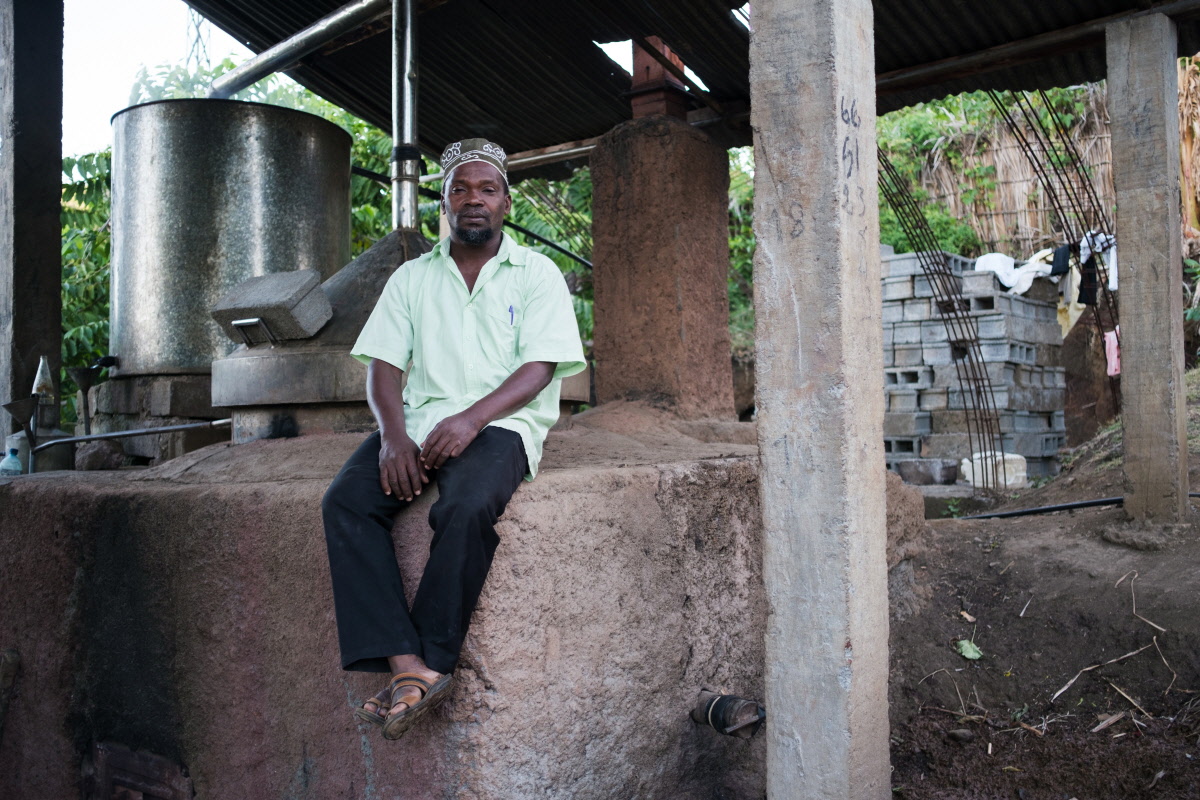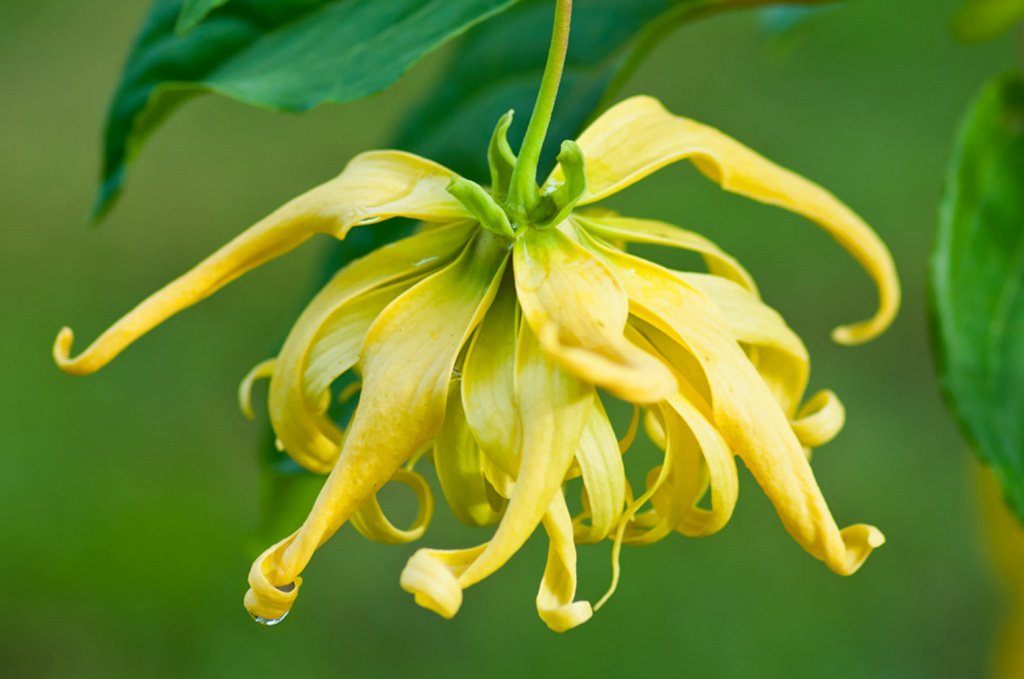Comoros’ Ylang-Ylang Distillers Embrace a Greener Future

In the early morning mist of Africa’s Anjouan’s mountains, the air is thick with the sweet, narcotic scent of ylang-ylang—the “flower of flowers.” Women in brightly colored wraps move through the groves, handpicking blossoms still heavy with dew. It’s a ritual that’s been repeated for generations, feeding the global perfume industry with one of its most prized ingredients.
But behind the romance of the scent lies a sobering reality: deforestation. For decades, the traditional distillation of ylang-ylang essential oil has relied on wood-fired stills, consuming up to 250 kg of wood per liter of oil. With East African country Comoros losing 80% of its natural forests between 1995 and 2014, the industry is now at a crossroads.
Take Mohamed Mahamoud, a 67-year-old distiller. Mohamed recently upgraded to third-generation stainless steel alembics, fitted with wood-saving ovens and chimneys. The result? His fuel consumption has dropped by half, and his yield has improved. “The scent is purer. Less smoke, more soul,” he says with a smile. For nearly 45 years, he’s tended his grove and operated a hillside distillery. “I used to burn through mango trees like they were matchsticks,” he recalls. “Now, I grow them to fuel my own stills.”

The push toward greener practices isn’t just about climate—it’s about survival. Rivers are drying, soil is eroding, and the floral biodiversity that gives Comorian ylang-ylang its unique character is under threat. NGOs and local cooperatives are now working with distillers to: Introduce energy-efficient stills and promote agroforestry with breadfruit, clove, and pepper vines and encourage reforestation and community-led conservation
For perfumers, this shift is more than ethical—it’s olfactory. The Extra Superior fractions of Comorian ylang-ylang, prized for their creamy, floral depth, are intimately tied to the terroir. Sustainable practices help preserve the volcanic soil, tropical winds, and biodiverse groves that shape the oil’s profile..
The scent of ylang-ylang may be timeless, but the way it’s made is changing. And in the hills of Comoros, where perfume and smoke once mingled in the morning air, a quieter revolution is underway—one that honors tradition while embracing sustainability.

Author : Sheela Iyer
sheela@cosmetech.co.in
Sheela Iyer is an observer of the Indian Cosmetics & personal care industry and the editor of ‘Cosmetech’. She regularly video interviews industry experts on Cosmetech TV and has her fortnightly podcast ‘Cosmetics Today’
Subscribe to our free newsletter to read the latest news and articles before they are published.










Subscribe To Our Newsletter
Join our mailing list to receive the latest news and updates from The Cosmetics industry
You have Successfully Subscribed!